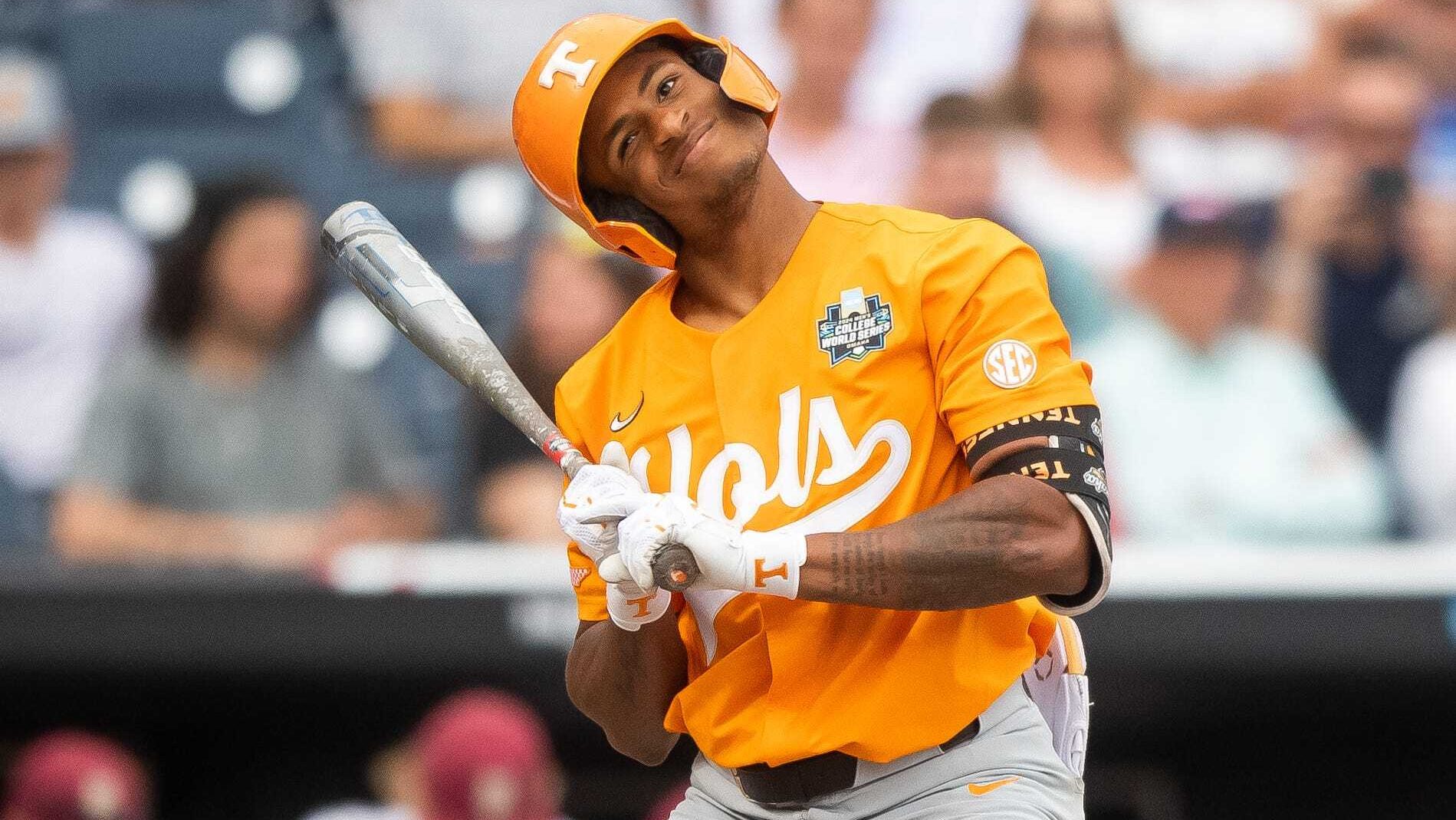The biggest headline coming out of the settlement proposal for the House v. NCAA class action lawsuit over name, image, and likeness rights is the potential for a revenue-sharing agreement between schools and players.
But the 300-page proposal also includes an entire section that would hand unprecedented control over name, image, and likeness deals to the NCAA. The goal: to weed out NIL deals considered “pay-for-play,” where NIL collectives and boosters offer astronomical sums in exchange for miniscule marketing activities.
Experts and industry stakeholders, however, tell Front Office Sports they don’t believe the settlement’s new NIL restrictions will hold up.
Here’s what the settlement is proposing:
- Boosters and collectives would be able to only offer deals to athletes that reflect an athlete’s “fair market value.” The definition: “a valid business purpose related to the promotion or endorsement of goods or services provided to the general public for profit, with compensation at rates and terms commensurate with compensation paid to similarly situated individuals with comparable NIL value who are not current or prospective student-athletes at the Member Institution.”
- To police this, the NCAA would set up a third-party clearinghouse, the NCAA would require every Division I athlete to submit potential NIL deals that are more than $600 for approval.
- Athletic departments would also be allowed to bring their NIL collectives in-house, to act as athletic department employees procuring deals for players. In this scenario, departments could more strictly control the actions of their collectives—and they could be subject to more regulations, like the Title IX gender equity statute.
But experts and industry stakeholders tell FOS they’re doubtful the NCAA would be as successful as it hopes in stunting collectives—or killing them altogether. Some collective operators have said they expect some of these terms to be changed during the court of the settlement approval process.
But even if those terms stay the same, the NCAA may not get the control it seeks.
The clearinghouse, for one, may create more problems than solutions. Who will be tapped to oversee it? Which entities could legitimately decide the “fair market value” of an athlete? Will this create a new set of legal scrutiny for the NCAA, which has been attacked in court for trying to police NIL deals?
“The NCAA is again restricting an athlete’s ability to fully monetize himself,” James Clawson, cofounder of Tennessee NIL collective The Volunteer Club, tells FOS. “I think that’s just going to open up more lawsuits.”
Lawyers seem to agree. The terms of the settlement—especially the ones that look like they would normally be negotiated through a collective bargaining agreement—could be challenged in court, according to sports attorney and New York Law School professor Dan Lust. “Short of players having representation at the table, as much as [the House settlement] might be an endeavor that’s a step in the right direction … you’re still acting in some way that could be viewed as anticompetitive.”
Technically, the athletes who sign on to the settlement won’t be able to sue, according to sports attorney Mit Winter. But the brands and collectives offering most of the deals could. They’re not signing on to any of the NCAA’s NIL restrictions. “If you’re a third party, this settlement has zero binding effect on you at all,” he says.
The clearinghouse isn’t just a problem for athletes and collectives. Lust also agrees brands could have concerns about handing over their contracts, which often include confidential terms, to a third-party arbitrator. After all, there’s no clearinghouse for NBA, NFL, or MLB player sponsorships.
It’s unlikely the NCAA will be able to police collectives by enticing them to join athletic departments, either. Collectives want the freedom to to work with the departments they support, rather than under them. And schools don’t want the liabilities that come with bringing a collective into an athletic department, subjecting it to all the rules and regulations already complicating college sports. “I have not spoken to any athletic director or any deputy athletic director that wants an ‘in-house’ solution,” Russell White, president of The Collective Association, tells FOS.
Either way, the NCAA still faces an uphill battle in taking control of the landscape. “There are some positive things in the settlement that would be a great thing if they happen,” White says. “But by and large, I dont think it’s a great deal.”




![[Subscription Customers Only] Jun 15, 2025; Seattle, Washington, USA; Botafogo owner John Textor inside the stadium before the match during a group stage match of the 2025 FIFA Club World Cup at Lumen Field.](https://frontofficesports.com/wp-content/uploads/2026/02/USATSI_26465842_168416386_lowres-scaled.jpg?quality=100&w=1024)
![[Subscription Customers Only] Jul 13, 2025; East Rutherford, New Jersey, USA; Chelsea FC midfielder Cole Palmer (10) celebrates winning the final of the 2025 FIFA Club World Cup at MetLife Stadium](https://frontofficesports.com/wp-content/uploads/2026/02/USATSI_26636703-scaled-e1770932227605.jpg?quality=100&w=1024)











